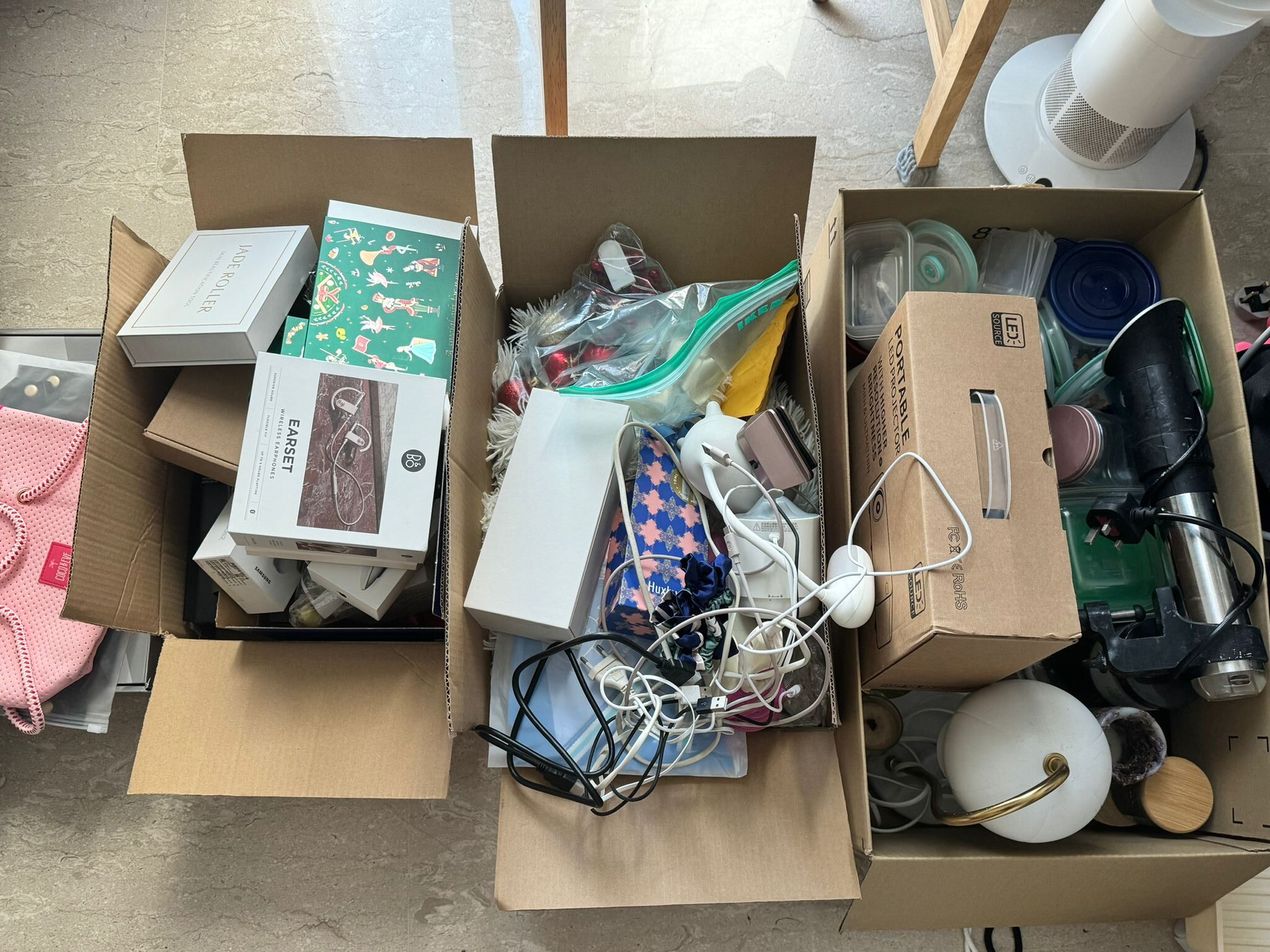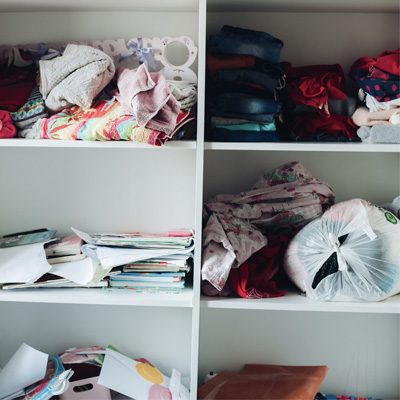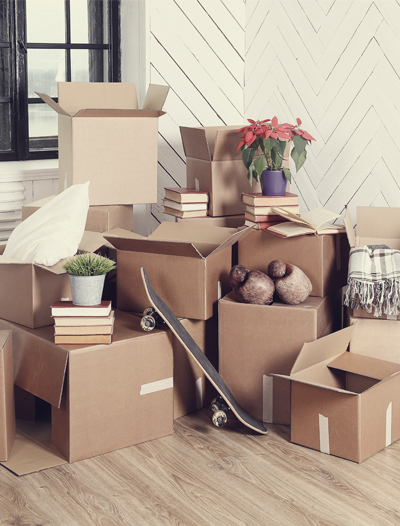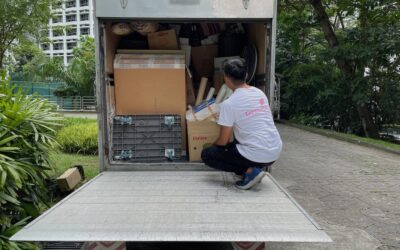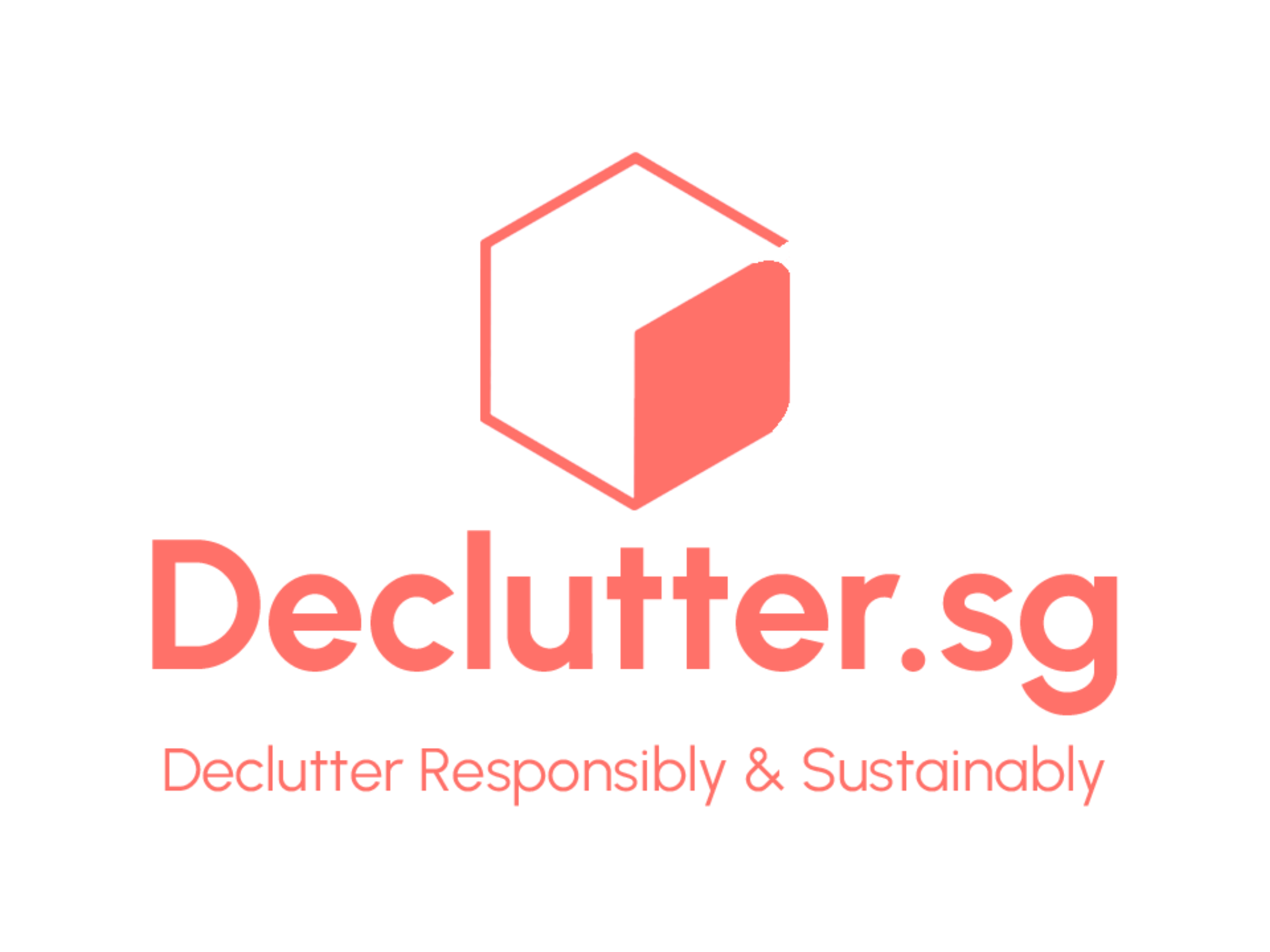Overconsumption and the tendency to collect items can lead to hoarding, a condition that significantly impacts individuals and communities. This article explores the psychological, social, and environmental aspects of hoarding, providing insights into its causes, effects, and potential solutions. By understanding the underlying factors and implementing effective strategies, we can promote a more sustainable and clutter-free lifestyle.
Understanding Overconsumption and Hoarding
Overconsumption refers to the excessive use or acquisition of goods beyond one’s needs, often driven by consumer culture and marketing. Hoarding, on the other hand, is a mental health disorder characterized by the persistent difficulty in discarding possessions, leading to cluttered living spaces and significant distress. Hoarding is often linked to psychological conditions such as anxiety, depression, and obsessive-compulsive disorder (OCD). Individuals may hoard items due to a perceived need to save them or fear of losing important information. Cultural norms and societal pressures can exacerbate overconsumption and hoarding. The desire to keep up with trends or the fear of missing out (FOMO) can lead to the accumulation of unnecessary items.
The Impact of Hoarding
Hoarding can severely affect an individual’s mental and physical health. The clutter can create hazardous living conditions, increase stress levels, and lead to social isolation. Hoarding often strains relationships with family and friends. Loved ones may feel frustrated or helpless, and conflicts can arise over the state of the living environment. Overconsumption and hoarding contribute to environmental degradation. The production and disposal of excess goods lead to increased waste, resource depletion, and pollution.
Identifying and Addressing Hoarding Behavior
Key indicators of hoarding include excessive accumulation of items, inability to discard possessions, and cluttered living spaces that interfere with daily activities. Cognitive-behavioral therapy (CBT) is an effective treatment for hoarding disorder. It helps individuals challenge their beliefs about possessions and develop healthier habits. Support groups and community programs can provide valuable assistance to individuals struggling with hoarding. These resources offer emotional support and practical advice for managing clutter.
Sustainable Practices to Combat Overconsumption
Encouraging mindful consumption involves making deliberate choices about what to buy and keeping sustainability in mind. This practice can reduce the tendency to overconsume. Implementing regular decluttering routines can prevent the buildup of unnecessary items. Techniques such as the KonMari method or the “one in, one out” rule can be effective. Promoting recycling and donating items can help reduce waste and support those in need. Organizations like Declutter.sg play a crucial role in facilitating these practices.
Promoting a Sustainable Lifestyle
Raising awareness about the impacts of overconsumption and hoarding is essential. Educational campaigns can inform the public about sustainable practices and the benefits of a clutter-free life. Government policies and regulations can encourage sustainable consumption and waste management. Incentives for recycling and penalties for excessive waste can drive positive change. Community-based initiatives, such as swap meets and repair cafes, can foster a culture of sustainability. These events encourage the reuse and repair of items, reducing the need for new purchases.
Conclusion and Actionable Takeaways
Overconsumption and hoarding are complex issues that require a multifaceted approach. By understanding the psychological, social, and environmental factors involved, we can develop effective strategies to address these challenges.
Here are some actionable takeaways for promoting a sustainable and clutter-free lifestyle:
1. Practice mindful consumption by making conscious decisions about what to buy and prioritizing quality over quantity.
2. Implement regular decluttering routines and use effective techniques to manage possessions.
3. Support recycling and donation programs to reduce waste and help those in need.
4. Seek professional help if you or someone you know struggles with hoarding.
5. Promote awareness and education about the impacts of overconsumption and the benefits of sustainable living.
By taking these steps, we can create a healthier, more sustainable environment for ourselves and future generations.
